
Kerry's COP28 Fusion Address Will Change The World
In a high-profile visit to the headquarters of Commonwealth Fusion, one of the world's leading private fusion companies, Kerry declared:
“Fusion energy is no longer just a science experiment. Benefitting from decades of investment from the [US] Department of Energy's world-leading Fusion Energy Sciences programs, it is now also an emerging climate solution. I will have much more to say on the United States' vision for international partnerships for an inclusive fusion energy future at COP28, during an event on December 5.”
Kerry also spoke of“The first ever modern strategy - fusion strategy - for the United States.”
Whatever the details of Kerry's address, we have good reason to expect that it will be substantive and not simply a political gesture. It could literally change the world.
Kerry will be the first top-level US government figure to thrust fusion into the center of the global stage in this way. As former secretary of state under the Obama administration, Kerry is quite aware that his fusion initiative is de facto a foreign policy move. To us, it constitutes one of the few unambiguously positive such moves in a long time.
In narrow terms, Kerry's forthcoming speech will signal the aim of the US to restore its leadership position in international fusion research – a position which has eroded progressively since the late 1980s.
At the same time, it will reflect the fact that realizing fusion as an economically viable energy source will require enormous resources, more effective cooperation between states and a new form of public-private partnership involving diverse technological approaches.
We expect Kerry's proposal will extend the new“philosophy” of fusion research and development which has emerged in the US as well as the UK in the last decade, to the entire global fusion effort.
The implications go even beyond that. Whether he intends it directly or not, Kerry's forthcoming announcement promises to redefine the entire issue of reducing human CO2 emissions, which is the central focus of COP28. In a sense, it amounts to turning the global warming campaign upside down.
In our view, fusion is far more than an unlimited energy source; it embodies the upward vector of human civilization, which has increasingly been lost over the last 50 years.
The specter of a global warming“doomsday” has fed dangerously into the environmentalist ideology, which sees human beings first and foremost as destroyers of the planet. Although many environmental problems have to be solved, human civilization cannot survive without upper and outward development. That is what fusion is all about.
Without nuclear energy – fission today, fusion tomorrow – the global anti-CO2 campaign translates into brutal economic austerity, especially for developing nations.
In the meantime, amid deep economic crises in many of these nations, we witness the farcical spectacle of the COP28 conference, with 80 000 representatives traveling from all over the world on a thousand CO2-spouting planes to one of the world's largest oil producers in order discuss how to reduce CO2 emissions!
If Kerry succeeds in making the realization of fusion power a top global priority as an answer to the“climate crisis”, that alone could make this latest United Nations extravaganza worthwhile.
What is the background of Kerry's forthcoming move? Where is this coming from? I and my co-author have a pretty good idea about that.
I have followed developments in fusion since 1977, promoted fusion research through countless articles, presentations and at one point even played a role in off-the-record“fusion diplomacy” between the US and the USSR.
My co-author is an active participant in the growing private fusion“ecosystem” in the US and has worked with Scott Hsu, now senior advisor to the US Under Secretary of Energy for Science and Innovation and Lead Fusion Coordinator for the Department of Energy.
Hsu is a central figure in the ongoing transformation of US fusion strategy and no doubt one of the main sources of the concepts Kerry will present in his forthcoming speech.
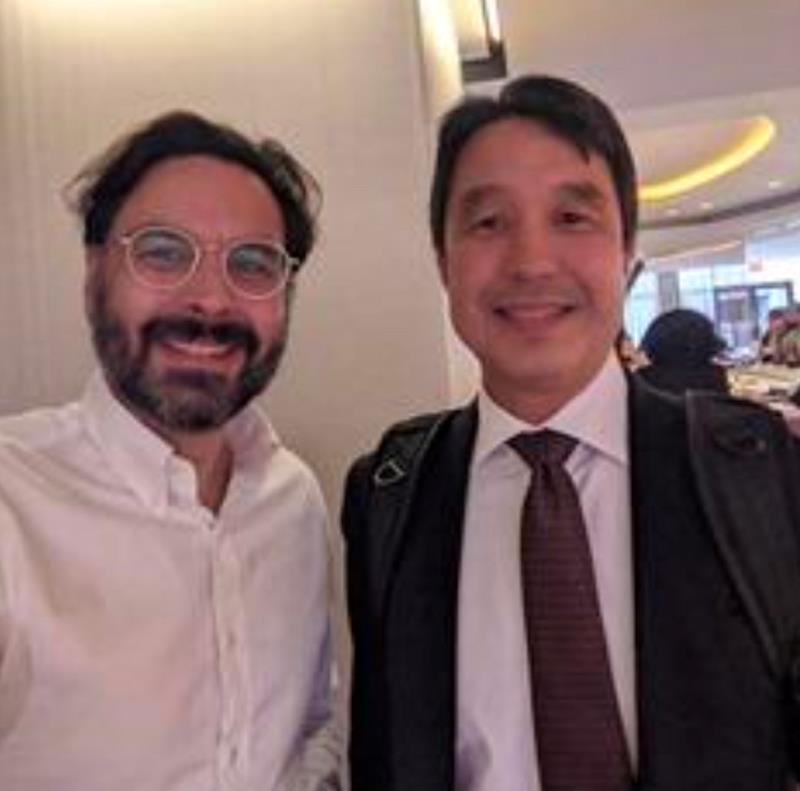
Co-author Florian Metzler with Scott Hsu. Photo: Florian Metzler
As readers of my Asia Times articles know, efforts to realize fusion as an energy source are moving forward at an accelerating pace, propelled by technological breakthroughs, powerful national commitments of nations such as the UK, Japan and China and not least of all by the skyrocketing growth of private investment into fusion companies.
Although the US has been the leading breeding ground for private fusion companies, there has been no decisive national commitment to fusion.
The US used to be the main fusion“superpower”, with the largest and most comprehensive fusion effort in the world. Not surprisingly, US fusion capability was centered on national labs with close military connections.
But starting in the 1980s the US fusion sector suffered from massive budget cuts, from which it has still not fully recovered. I experienced this firsthand. Participation in the International Thermonuclear Experimental Reactor (ITER) project served as a pretext for failure to pursue a serious national fusion effort.
Kerry has long been a strong supporter of fusion, going back at least to his term as senator of Massachusetts. In 2012-2013, for example, then-Senator Kerry mounted a major effort to prevent the shutdown of the Alcator-C-Mod reactor at MIT – one of the most promising innovative fusion projects in the US.

Legal Disclaimer:
MENAFN provides the information “as is” without warranty of any kind. We do not accept any responsibility or liability for the accuracy, content, images, videos, licenses, completeness, legality, or reliability of the information contained in this article. If you have any complaints or copyright issues related to this article, kindly contact the provider above.


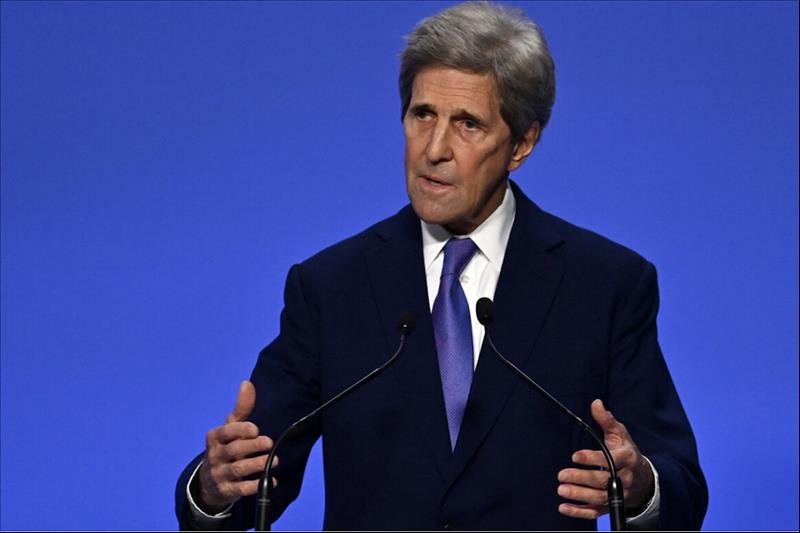


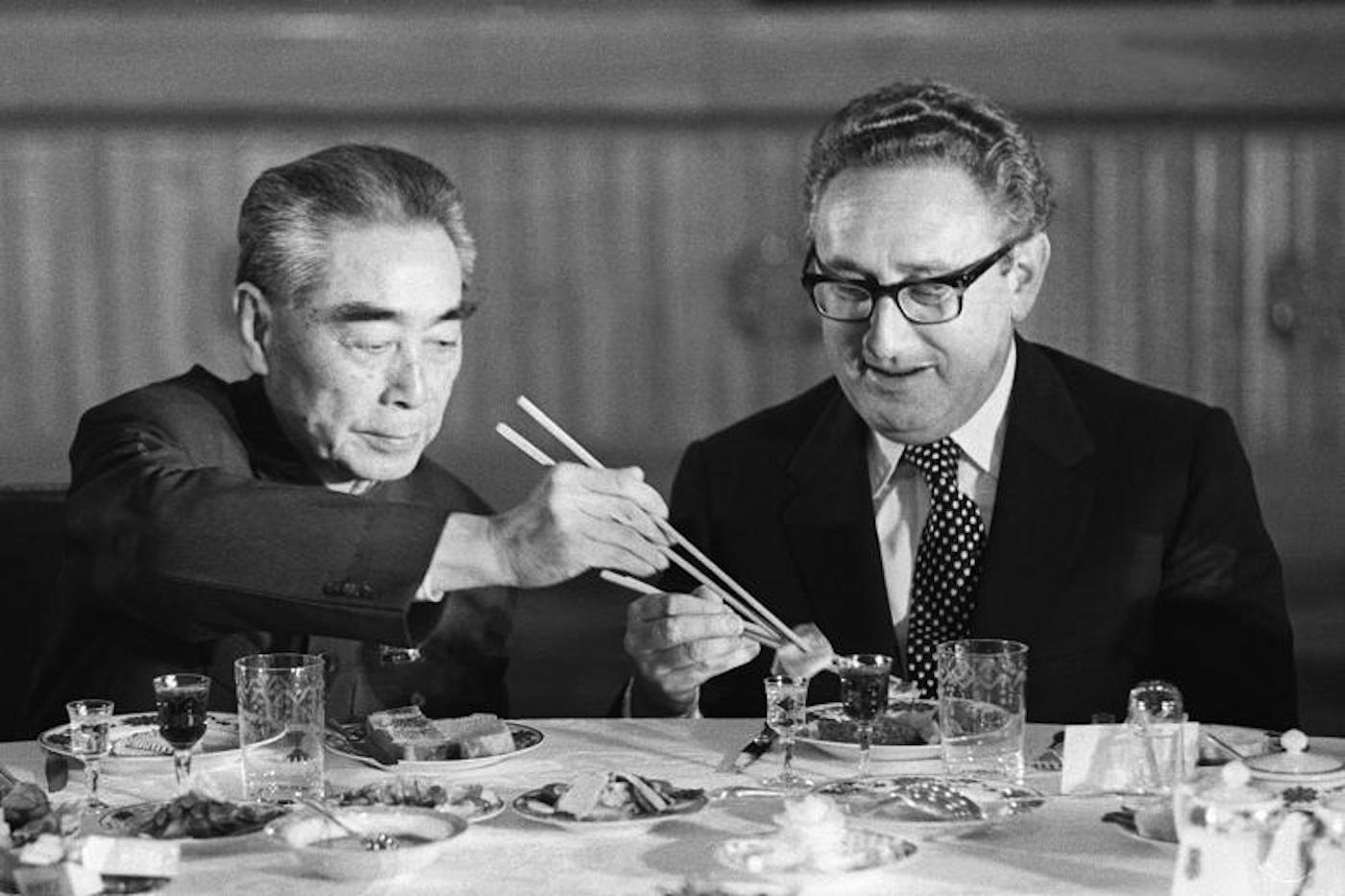
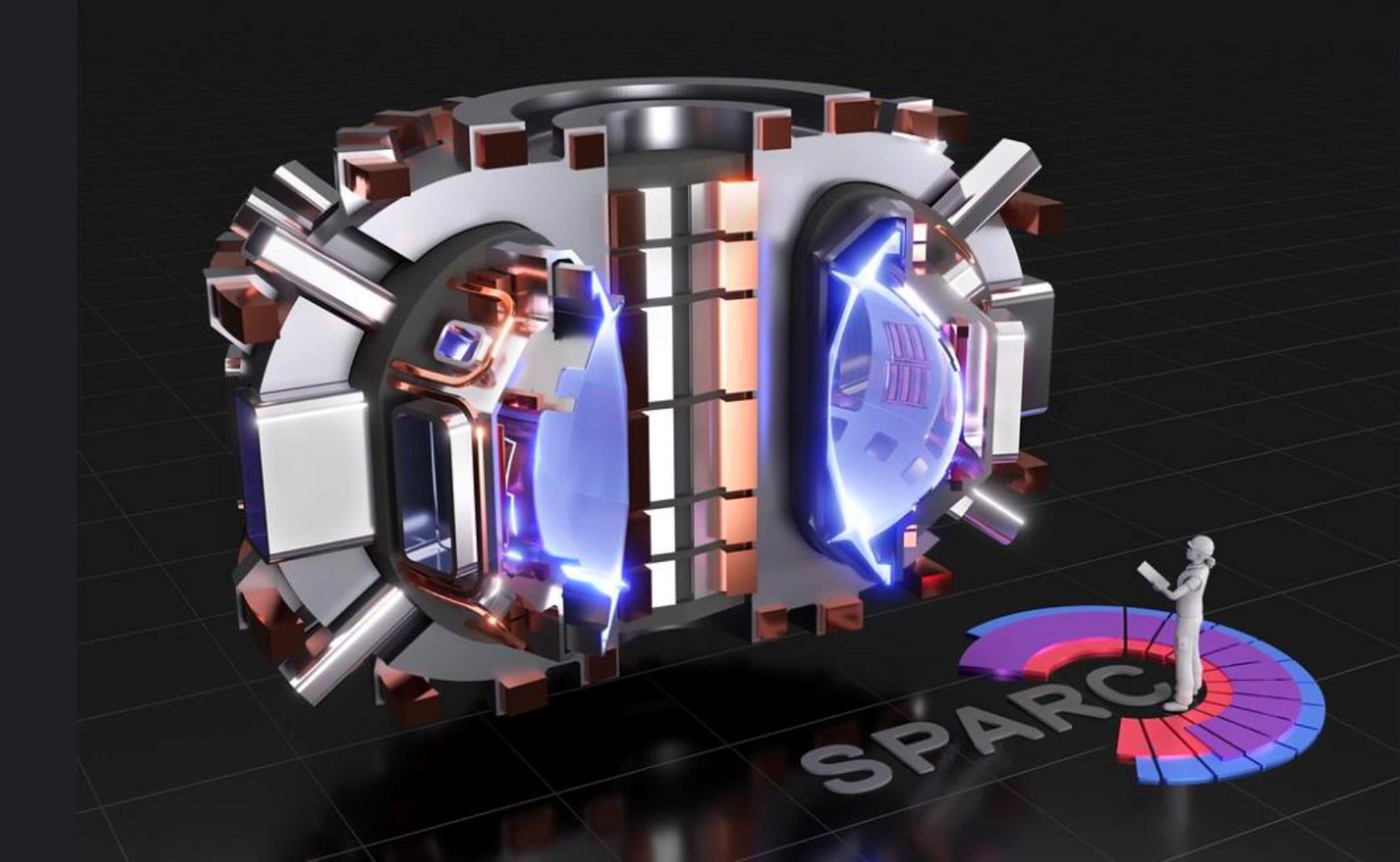
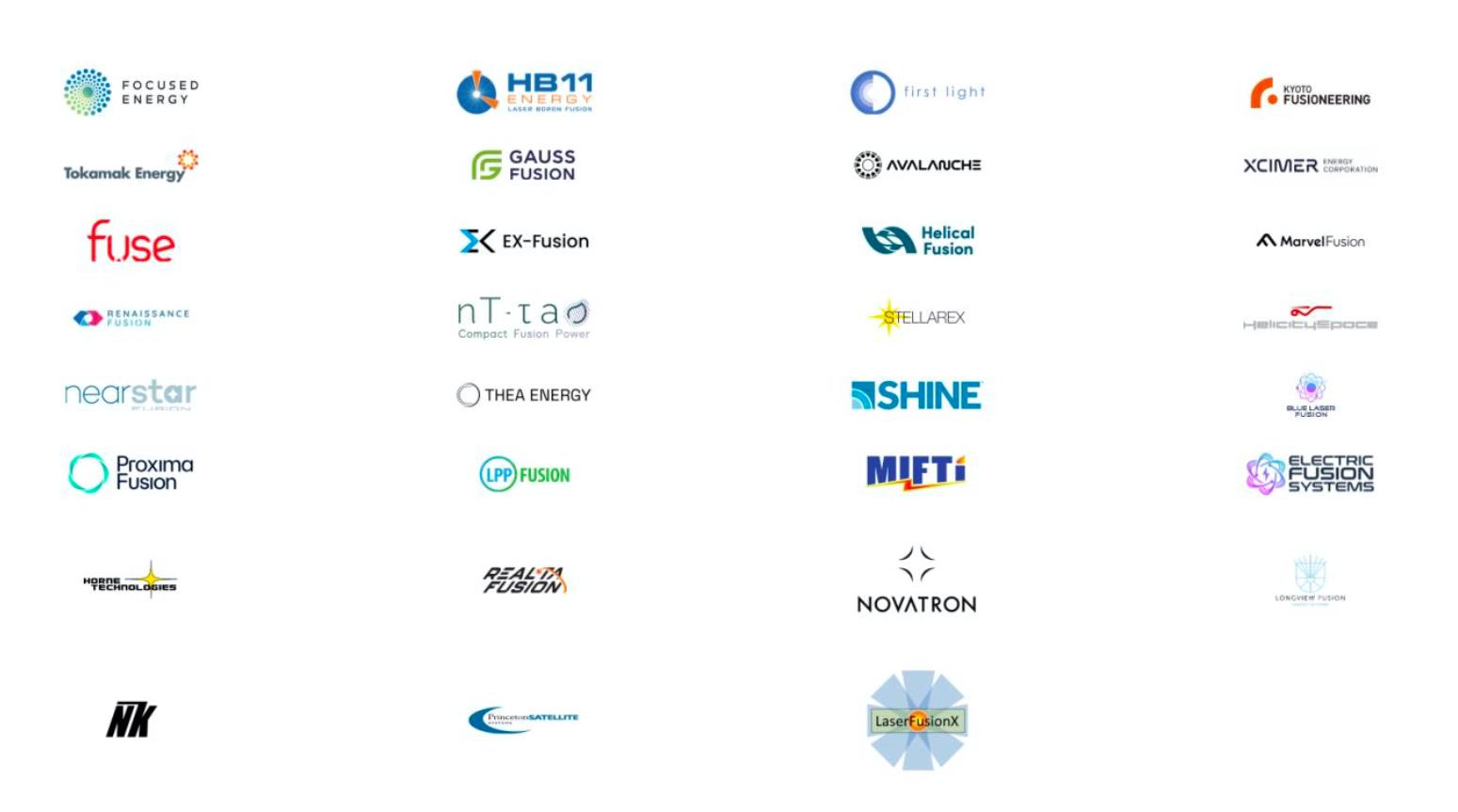

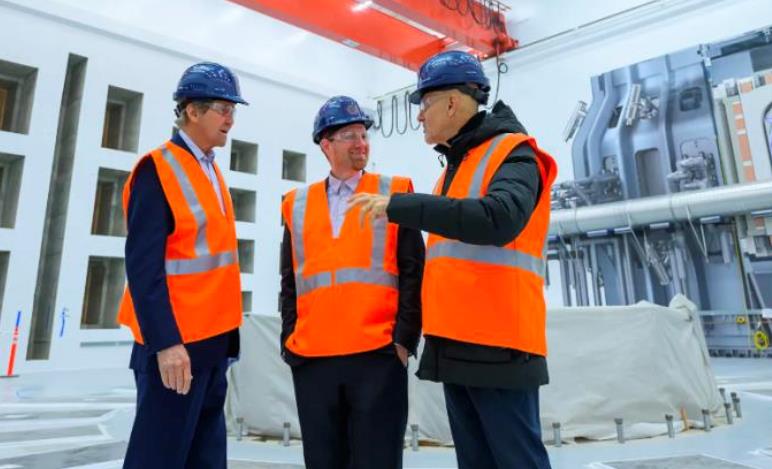



















Comments
No comment